Category: Federal
-
Federal Register weekly update: 2020 total tops 45,000 pages

The Federal Register is a daily journal of federal government activity that includes presidential documents, proposed and final rules, and public notices. It is a common measure of an administration’s regulatory activity. From July 20 to July 24, the Federal Register grew by 1,376 pages for a year-to-date total of 45,056 pages. Over the same…
-
Georgia Democrats select Williams as nominee to replace late Rep. Lewis in the 5th District
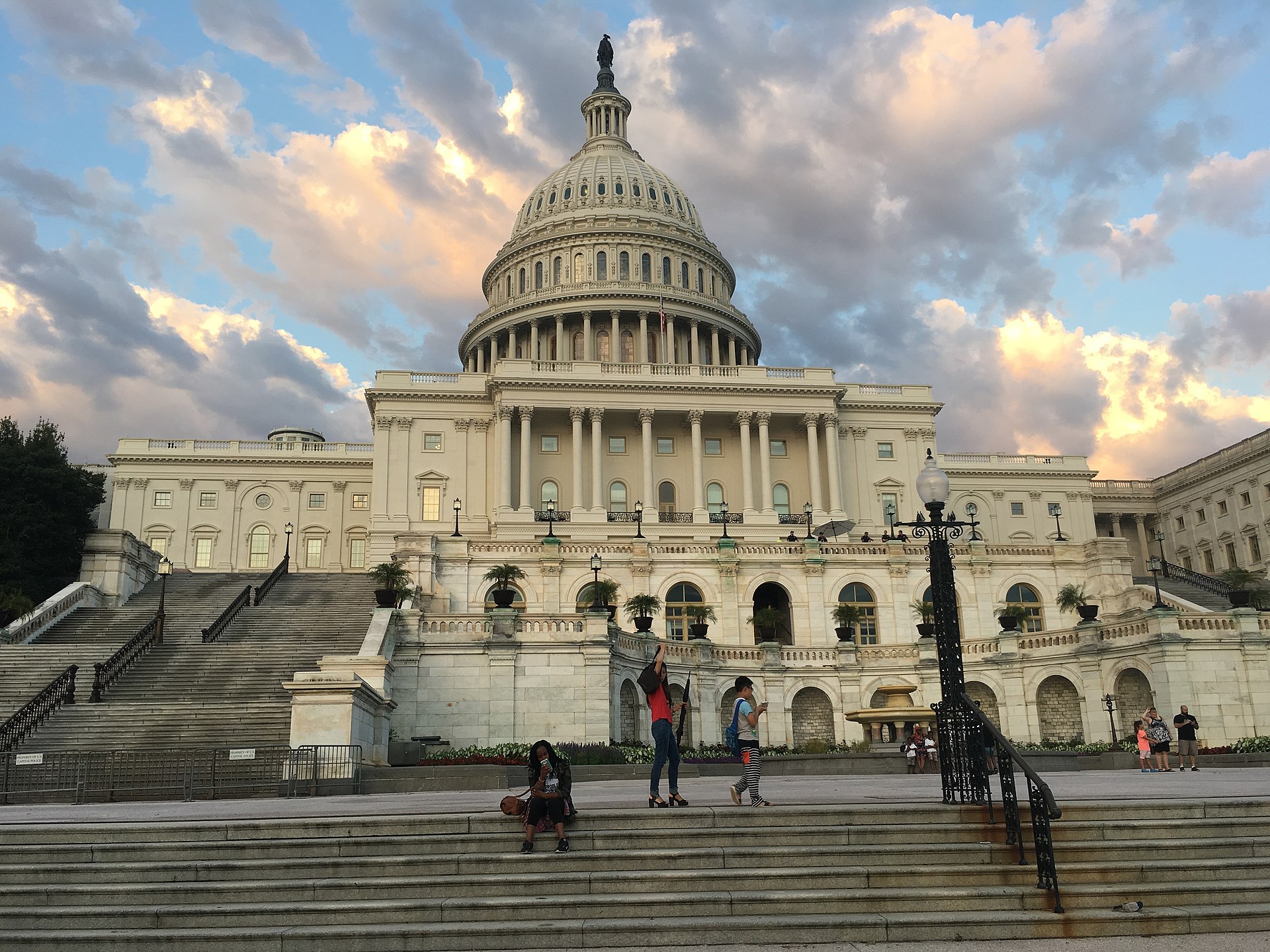
Rep. John Lewis (D-Ga.) passed away on Friday, July 17, 2020, after winning the June 9 primary in his bid for re-election to Georgia’s 5th Congressional District. The Georgia Democratic Party selected party chairwoman and state Sen. Nikema Williams (D) to replace him on the general election ballot. She faces Angela Stanton King (R) in…
-
U.S. Senate committee approves REINS Act
On July 22, the U.S. Senate Committee on Homeland Security and Governmental Affairs voted to send the Regulations from the Executive in Need of Scrutiny Act (REINS Act) to the full U.S. Senate for a vote without offering any amendments. The REINS Act is a proposal designed to amend the Congressional Review Act (CRA) of…
-
Jacobs sworn into U.S. House to represent New York’s 27th Congressional District
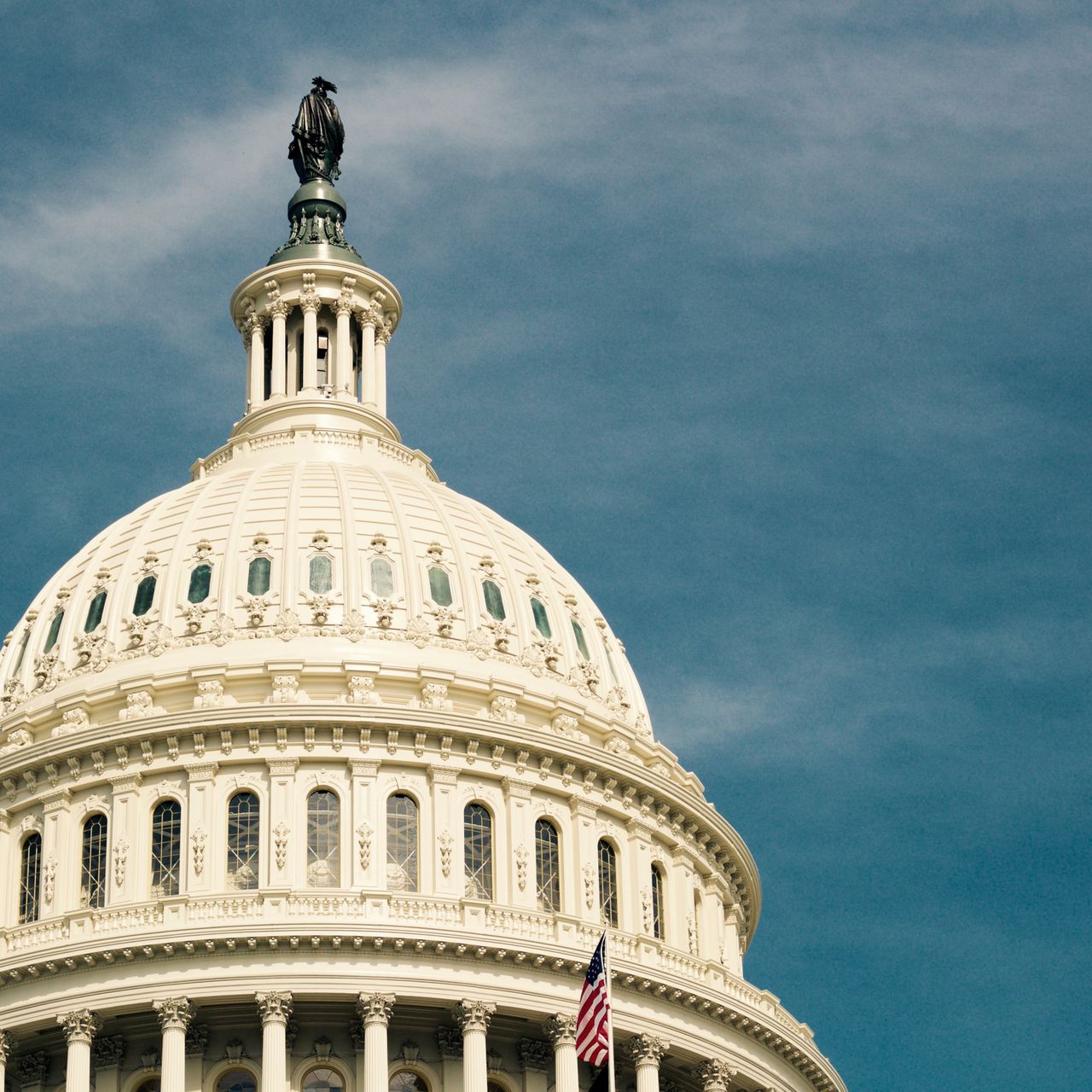
Just under a month after Christopher Jacobs (R) won the special election to fill the vacant seat in New York’s 27th Congressional District, Speaker of the House Nancy Pelosi (D-CA) swore him into office on July 21. Jacobs defeated Nate McMurray (D/Working Families Party), Duane Whitmer (Libertarian Party), and Michael Gammariello (Green Party) in the…
-
U.S. Supreme Court wraps up 2019 term
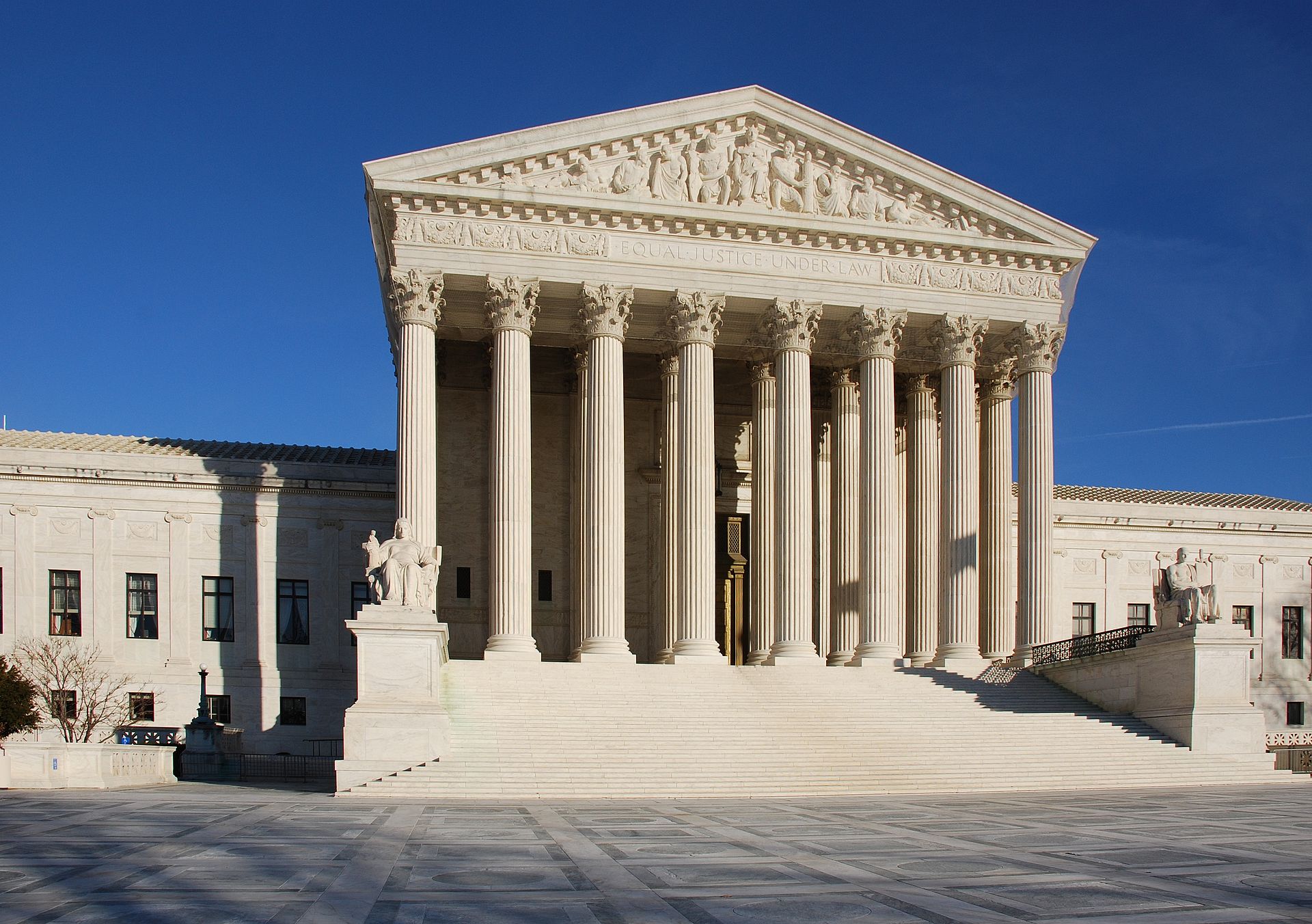
The U.S. Supreme Court has unofficially ended its 2019-2020 term and is now in recess until the start of the 2020-2021 term on October 5. Delays from the coronavirus pandemic caused the court to release opinions until July 9, the first time the court had issued opinions into July since 1996. The July 9 date…
-
RNC outraises DNC by nearly three-to-one

The Republican National Committee (RNC) outraised the Democratic National Committee (DNC) by nearly three-to-one last month, according to July 2020 campaign finance reports filed with the Federal Election Commission Monday. This was the third month in a row in which the RNC outraised the DNC. The RNC raised $36.9 million and spent $19.0 million, while…
-
Four congressional races in Georgia move to runoffs on August 11
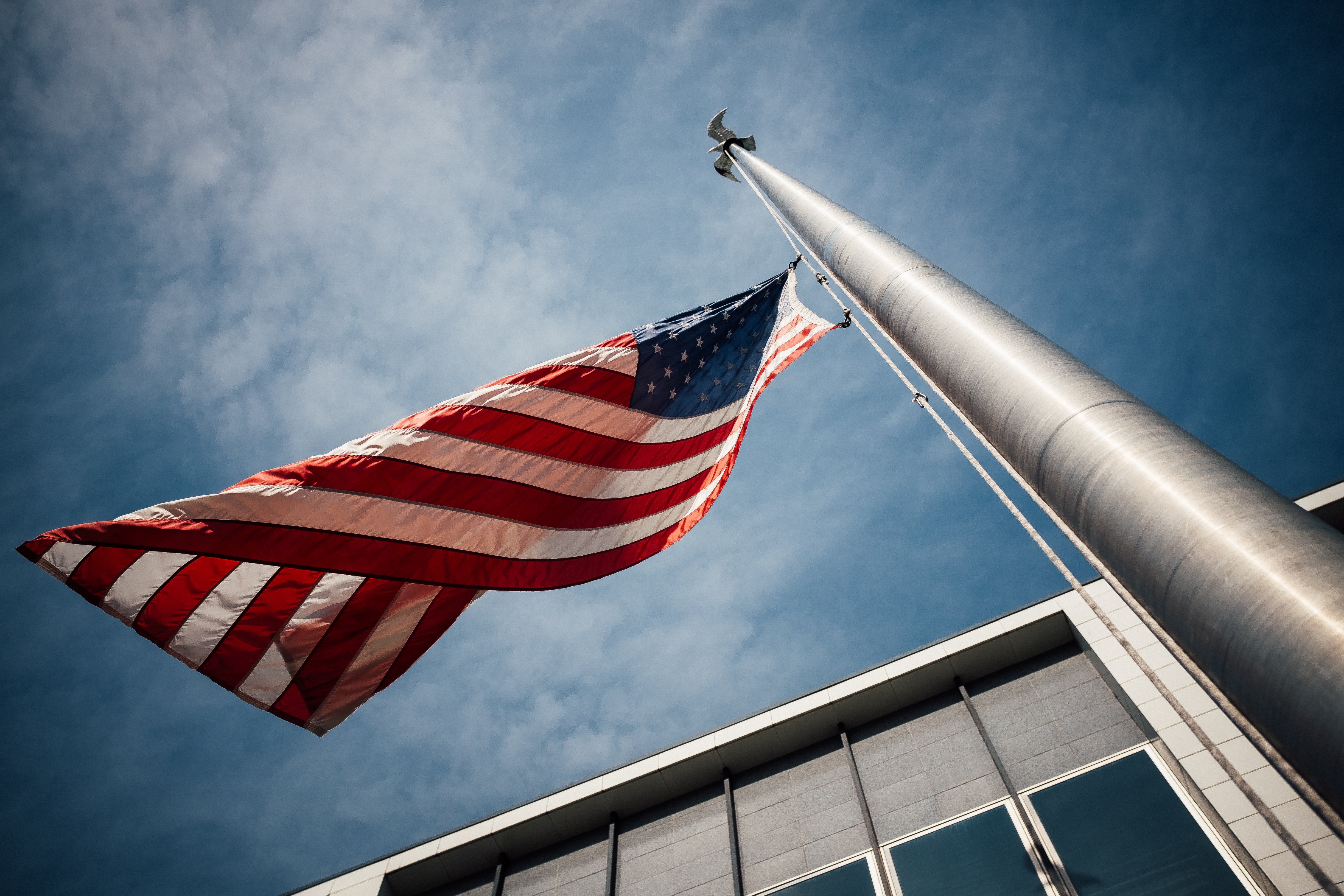
Four primary runoff elections are scheduled in three of Georgia’s congressional districts on August 11, 2020. Primary runoffs in Georgia were originally scheduled to be held on July 21 but were postponed to August 11 amid concerns surrounding the coronavirus pandemic. The statewide primary election was held on June 9, 2020. To avoid a runoff,…
-
Senate confirms Vought as OMB director
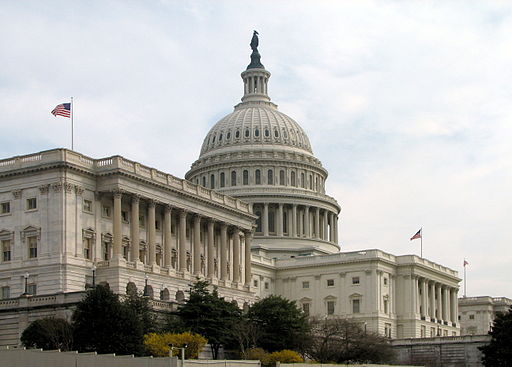
In a 51-45 vote along party lines, the U.S. Senate confirmed Russell Vought as the director of the Office of Management and Budget on July 20. Vought had served in the role in an acting capacity since Jan. 2019, when then-OMB director Mick Mulvaney began serving as acting White House chief of staff. Mulvaney did…
-
3,070 major party candidates filed for 2020 Congress elections
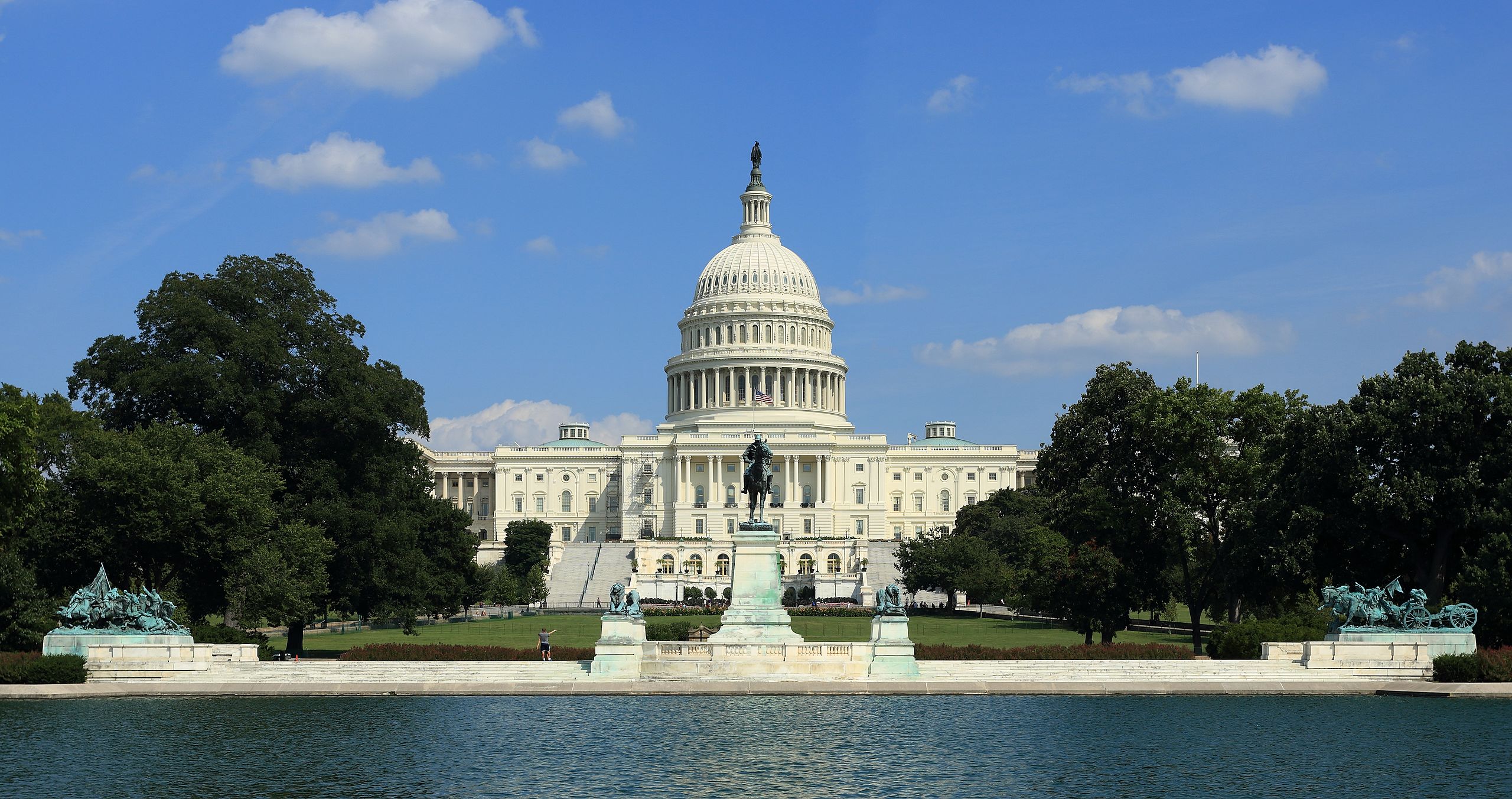
As of July 20, 3,070 major party candidates have filed to run for the Senate and House of Representatives in 2020. So far, 479 candidates are filed with the Federal Election Commission (FEC) to run for U.S. Senate. Of those, 381—193 Democrats and 188 Republicans—are from one of the two major political parties. In 2018,…
-
Freitas wins Republican nomination at Virginia’s 7th Congressional District convention
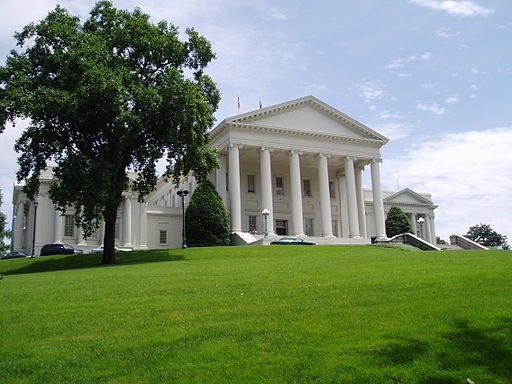
Nick Freitas defeated John McGuire and four other candidates in Virginia’s 7th Congressional District’s July 18 Republican primary convention. After the third and final round of voting, Freitas received 56 percent of the delegate vote to McGuire’s 44 percent. Freitas led in fundraising during the primary with $1,031,000 according to June 28 campaign finance reports.…

